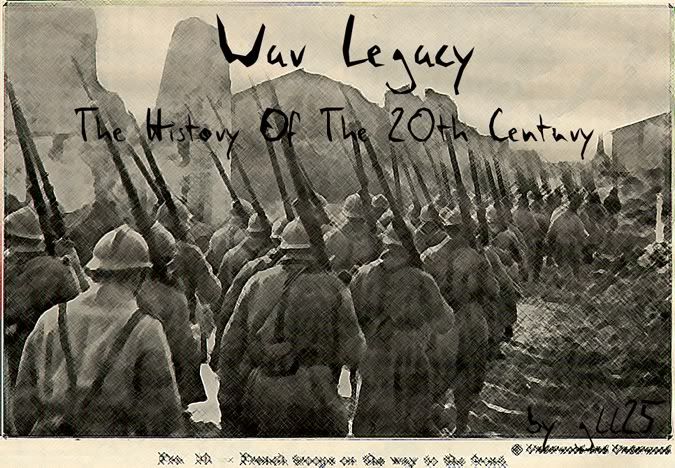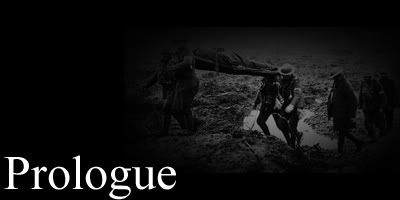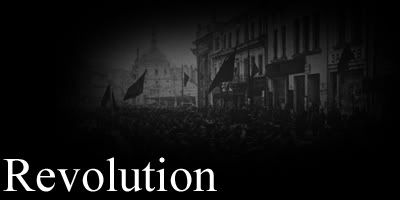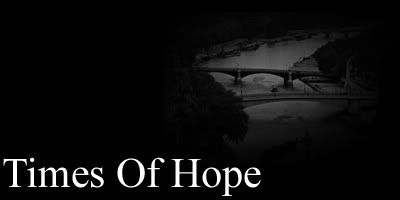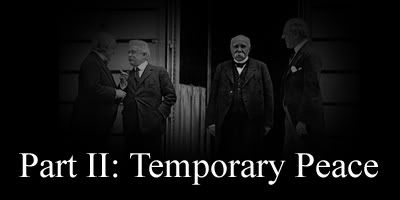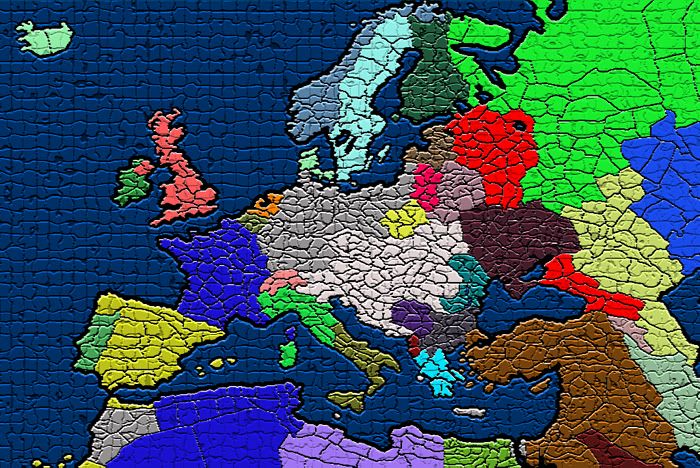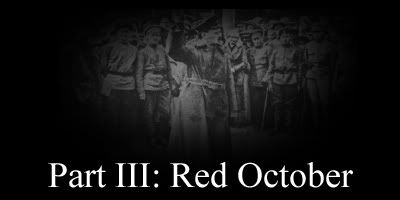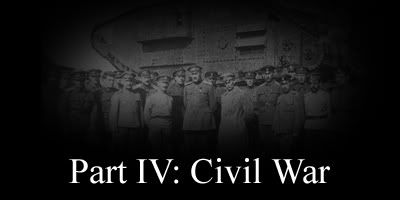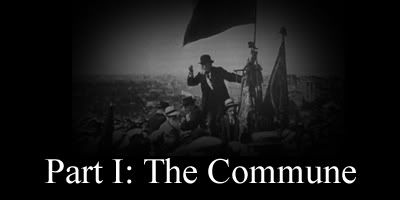----------------------------------------------------------
The allied artillery ceased, and the shrill sound of sirens took the skies. It was time to move forward. The soldiers leave their trenches and run, as fast as they can toward the enemy lines. Successful or not, the end of the day hundreds of bodies were lying in no man's land, with the ravens having a party. This was the routine of thousands of soldiers who occupied the muddy trenches of kilometers over the front, this was the routine of the Great War.
The year 1917 is considered by any educated person a year of extreme importance to the Twentieth Century. Both alliances fighting for world domination (indeed European) entered the year in a difficult position. While in Germany, the British economic blockade finally begun to bear fruit, the Habsburg Empire was facing the wrath of nationalism within their lands, and the Russian hordes on the front line. The Entente, because of the Somme, came to the obvious conclusion that frontal attacks would cause countless casualties for little gain. To make matters worse, Russia, which had seemed an unbeatable giant, inside was a state ravaged by agrarian revolution.
The Germans started the year surprising the Tsarist forces. Quickly, the morale plummeted, and riots, harshly repressed, began popping up throughout the country. In March, Russia collapsed. Czar Nicholas II was forced to abdicate, and a provisional government led by Alexander Kerensky was formed, but this government was short-lived, for in October was overthrown by the Bolshevik Revolution, which later will be discussed, and a humiliating peace treaty was signed with the Central Powers.
Desperation took over the leaders of the Entente. Germany, since the conflict started, had given no reason for the United States to leave it's neutrality, and the victorious Central Powers troops were marching "en masse" towards the Western Front. The numerical superiority of the enemy became increasingly evident. The Entente had to act soon, and this is exactly what they did.
In early 1918, French and British, in a desperate move, moved their last reserves to the Italian front, where the army of that country, only now recovering from the humiliating defeat at Caporetto, maintained a line of defense near Venice. The idea was to launch a surprise offensive, wich would rapidly take Vienna and knock Austria-Hungary out of the war.
The offensive started well, with the harsh Austro-Hungarian defeat at River Piave, where they suffered almost 150,000 causalties. However, the tide turned in the Battle of Vittorio Veneto. The troops of the Entente planned to encircle tens of thousands of enemies in a salient in the Tyrol. he Italian divisions begun advancing trough the flanks of the opponent, but found stiff resistance. Meanwhile, the newly created German Stoßtruppen, , using tactics of infiltration and with the help of tanks and planes, attacked the center line of the Entente, which collapsed. To make matters worse, the soldiers of the Entente who were advancing on the flanks, because of a radio problem, did not received the order to retreat, and, in April 1918, Italy, humiliated again, had nearly three hundred thousand soldiers stranded in two pockets in the Tirol.
The surrender of Italian troops was fast, and already in May, German forces attacked the taut lines of the entente on all sides: Italy was lost. In what was considered an act of treason, the remnants of the Franco-British armies retreated to the French Alps, and Italy surrendered quickly after the fall of Rome. While the Treaty of Florence was negotiated, the Entente generals were preparing as they could, because everyone knew that the Germanic hordes would soon be attacking with full force.
They were about two and a half million men, determined to cross the no man's land and end this war once and for all. In the other side, a few hundred thousand die-hard soldiers, ready to defend to their last drop of blood ... Well, they did not really knew for what they were fighting about. What is known is that the Germans pierced the line with deadly ferocity, from the port of Ghent in Belgium to the border with Switzerland in the south. Fifteen days, fifteen days of desperate resistance, but all in vain. Paris fell on July 17, 1918. The next day, the Hochseeflotte der Kaiserliche Marine left the port of Kiel to end the British blockade, but after a long battle the best they achieved was a bloody stalemate, with the loss counted in the dozens of ships on both sides. The British Isles were saved, but even so, the two sides sat down to negotiate, in Versailles.
